Lemur Love is a US-based 501(c)(3) non-profit organization working to preserve Madagascar’s biodiversity by investing in Malagasy people. Their mission is to “Protect lemurs. Empower women. Further science.”
The organization’s conservation agenda is simultaneously animal-centric and human-focused, and works from the premise that human well-being is irrefutably intertwined with sustainable biodiversity. But conservation efforts will only work with the help and advocacy of grassroots Malagasy organizations and people.
The fifth-largest island in the world, Madagascar is located in the Indian Ocean about 250 miles off the coast of southeast Africa. Madagascar is one of the poorest countries in the world. More than 80% of those under 18 live in extreme poverty, and children are among the hardest hit by hunger, sickness, and need.
At the same time, Madagascar has one of the most diverse ecosystems in the world.
The island is home to more than 200,000 known species, of which more than 80% are found nowhere else on Earth (including over 100 lemur species, all of which are threatened with extinction). Malagasy people rely on the ecosystem to live, leading to environmental degradation and biodiversity loss. The most critical issues threatening the region are forest clearing, land conversion, and habitat alteration.
The organization recently shared an update on their 2024 achievements with our grant. Here’s how the funds were used to support their program:
- Expedition to Tsimanampesotse National Park (TNP) to collect data on the ecology of wild ring-tailed lemurs and their habitats
- Support of conservation initiatives proposed and carried out by community members living adjacent to wild lemurs
- Year-round employment of three forest rangers and two staff members
- Reforestation program supplies
- Coordinate local community World Lemur Festival celebrations and education activities
- Support and advise two Malagasy Masters students’ research projects on ring-tailed lemur conservation at TNP
- Academic fellowships for Malagasy early career researchers
We truly appreciate your support of our conservation and development work in Madagascar.
Marni LaFleur, Ph.D., Director, Lemur Love
All photos on this page were provided courtesy of Lemur Love unless otherwise credited.

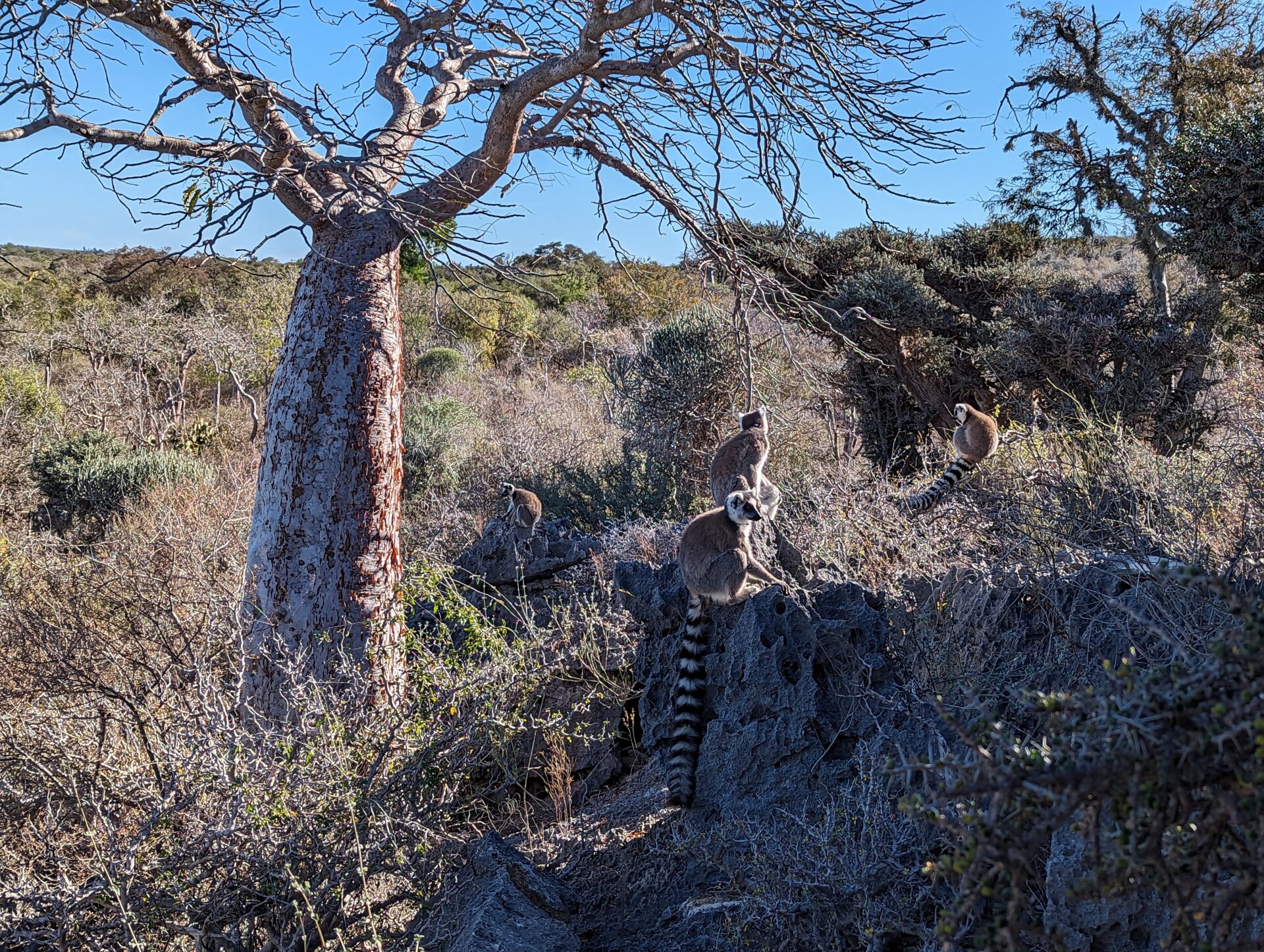
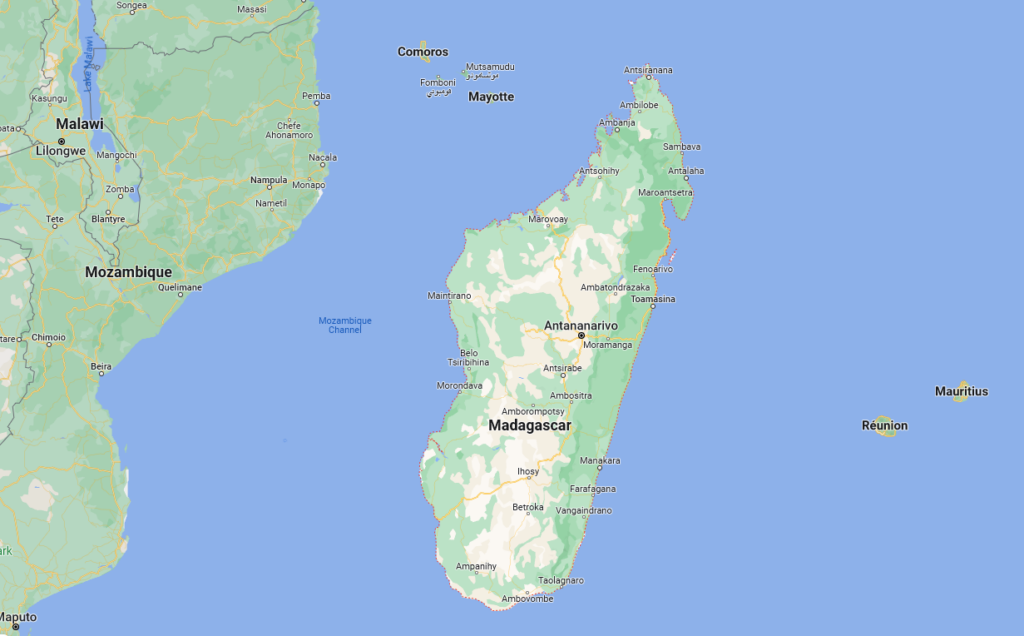
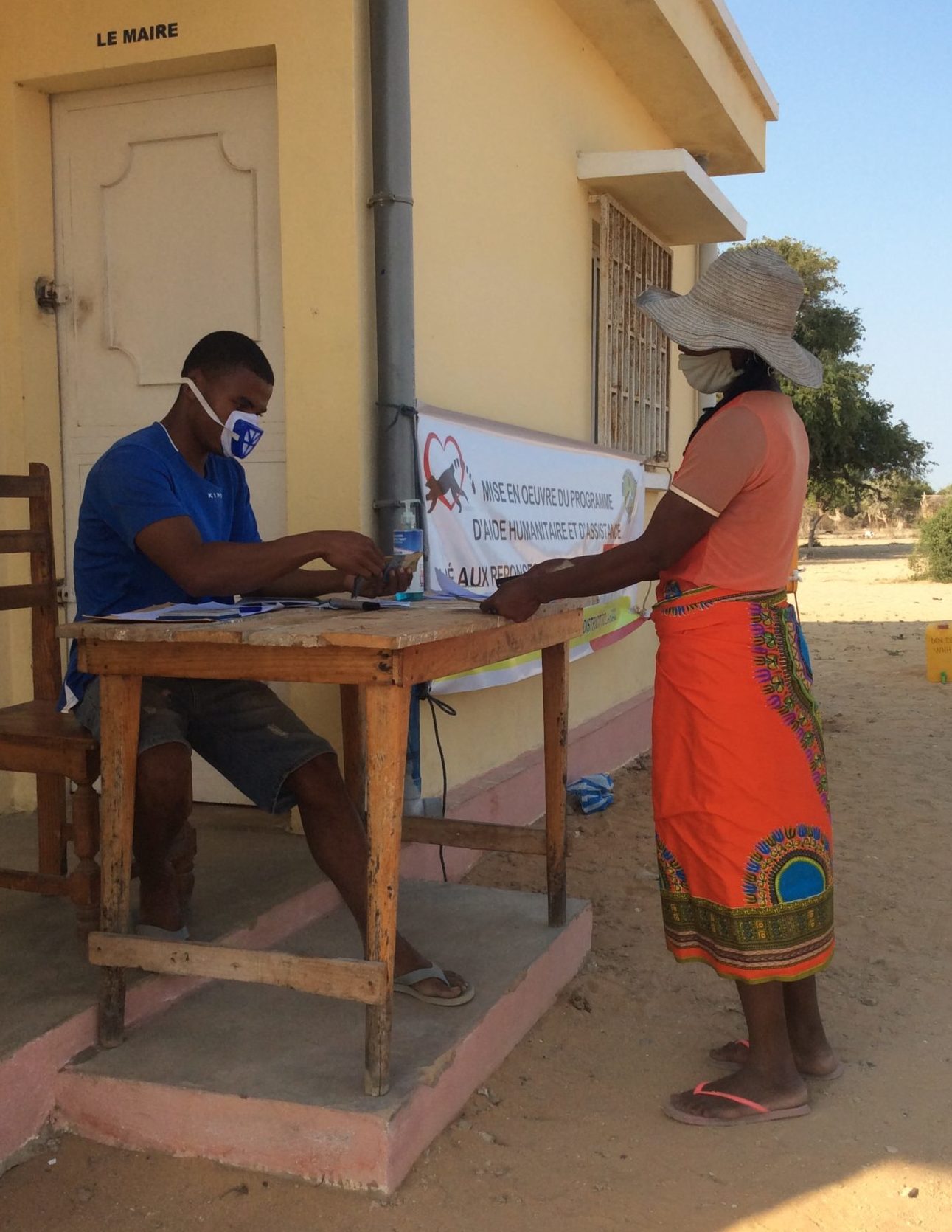



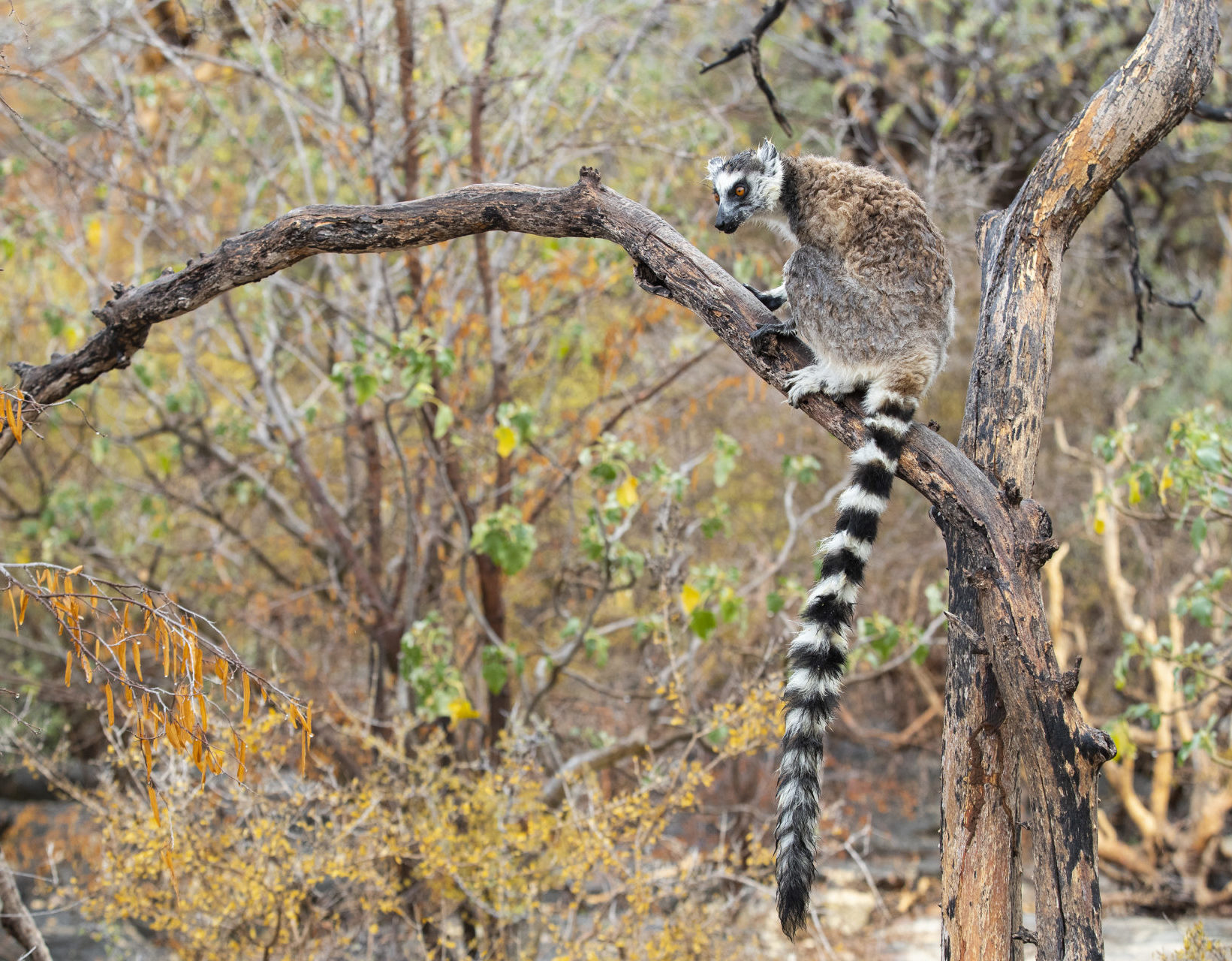
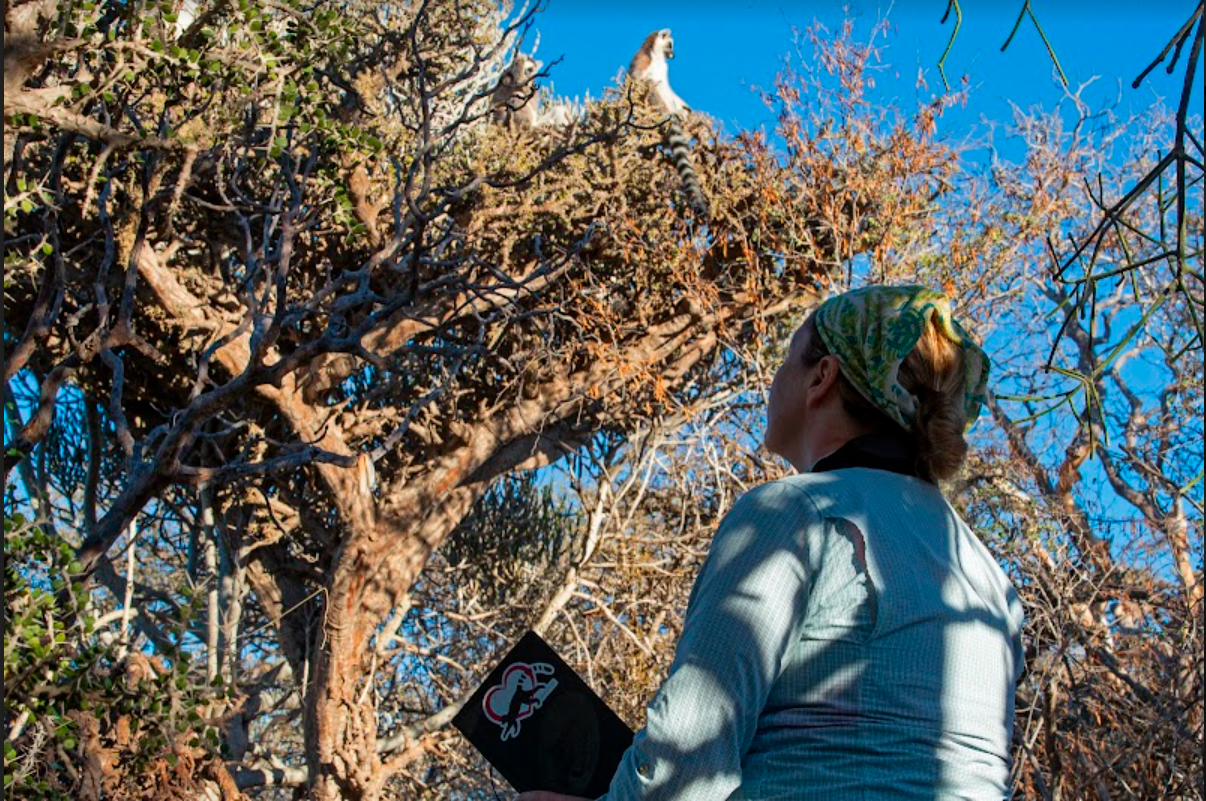
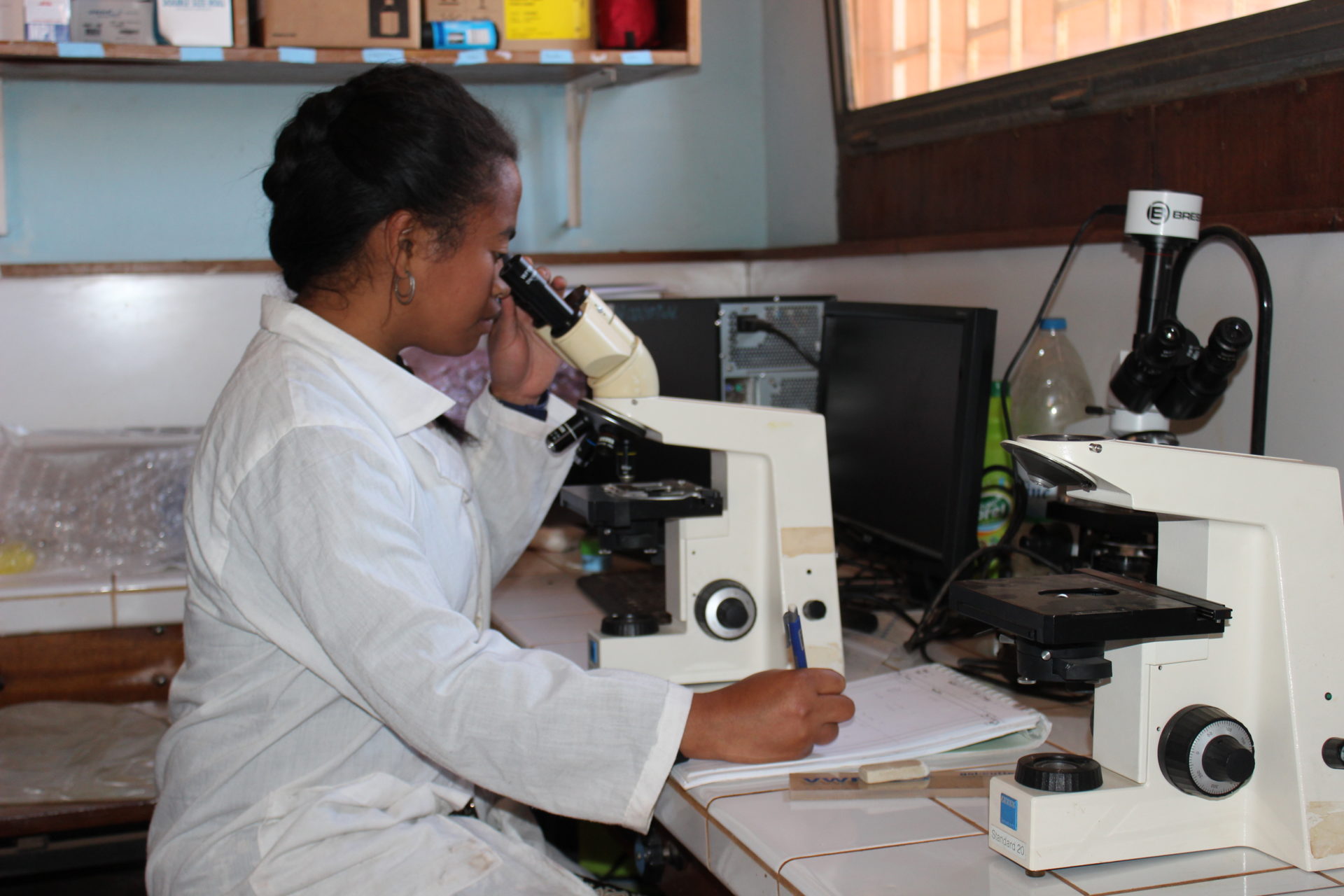
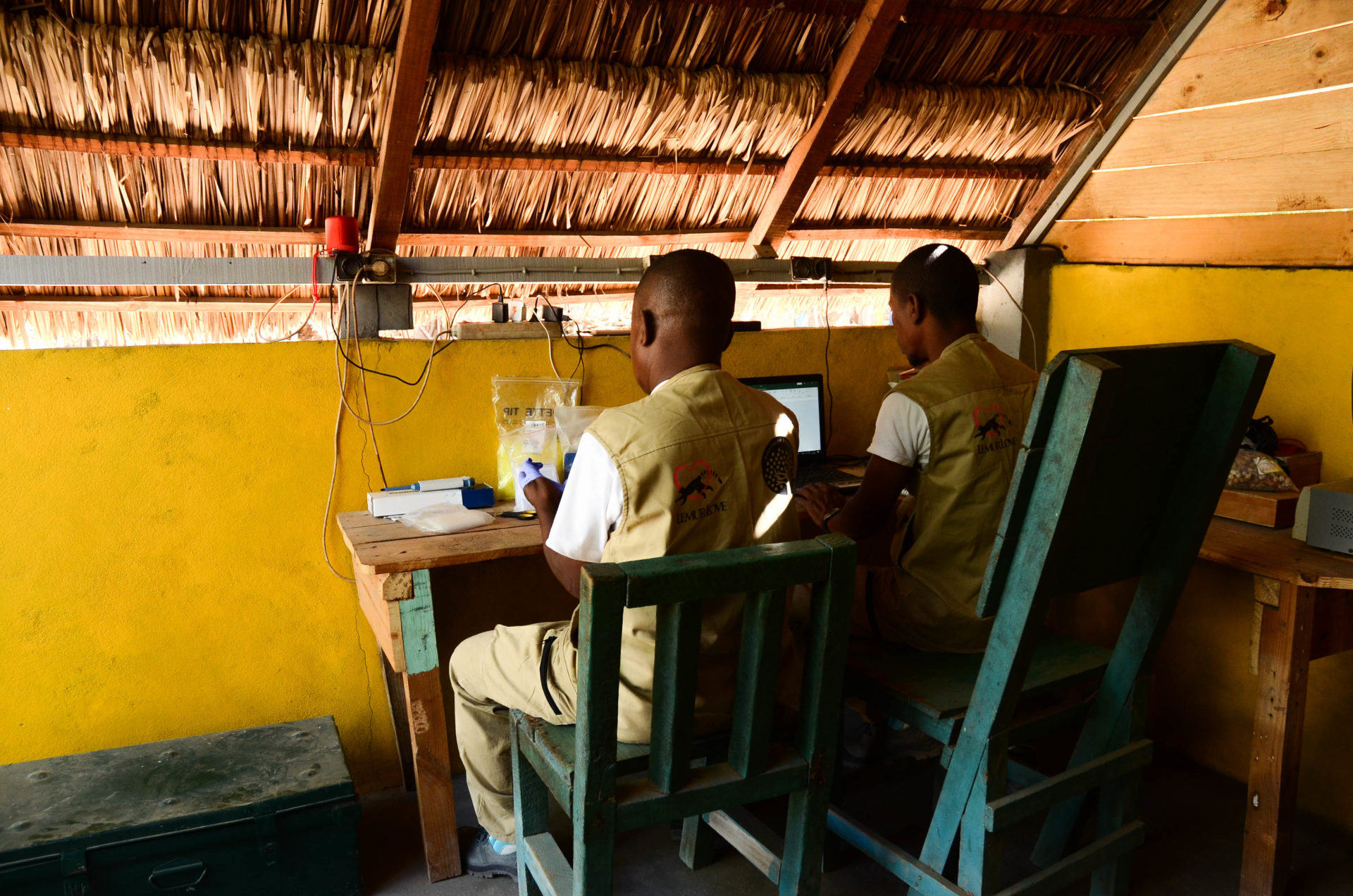
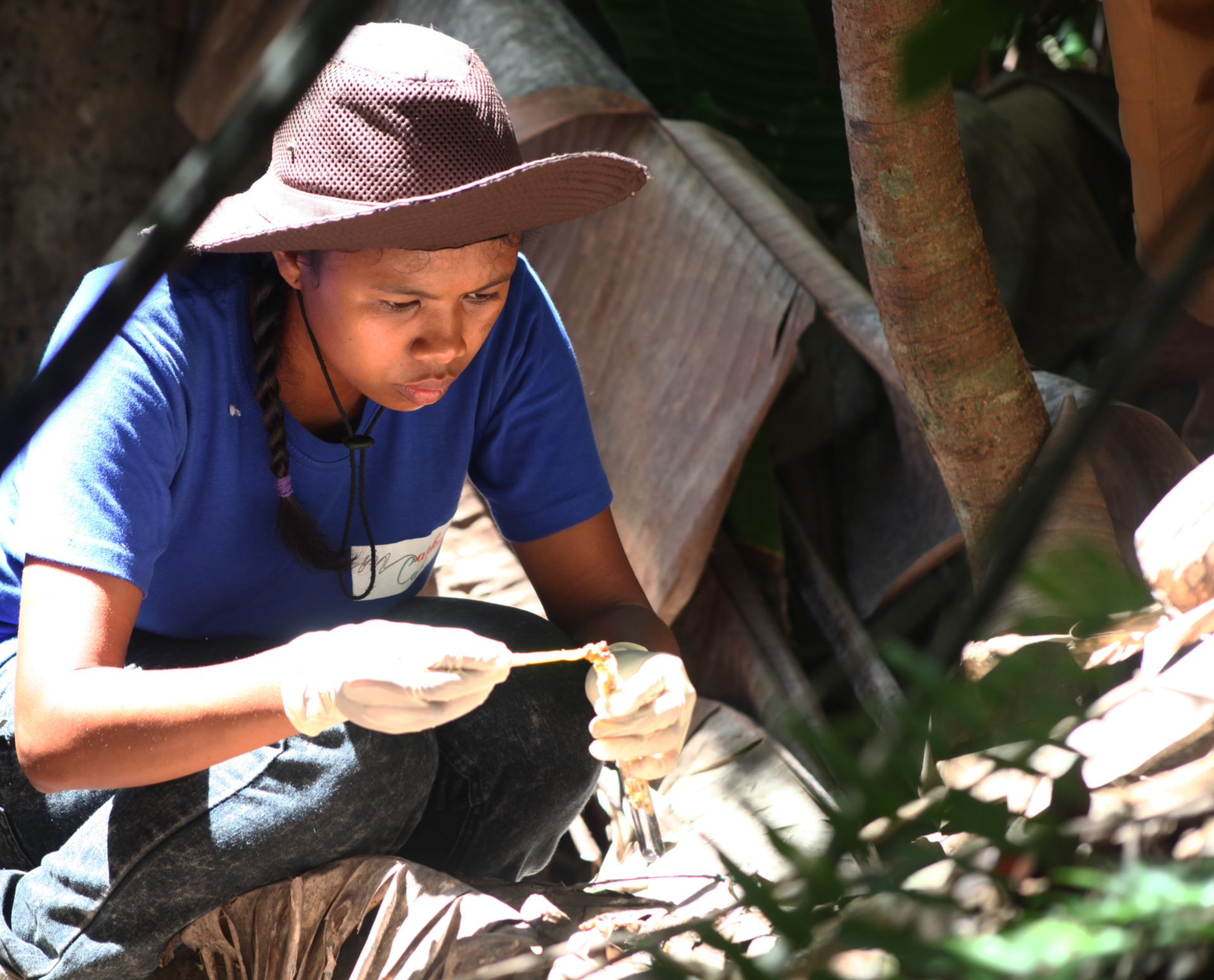
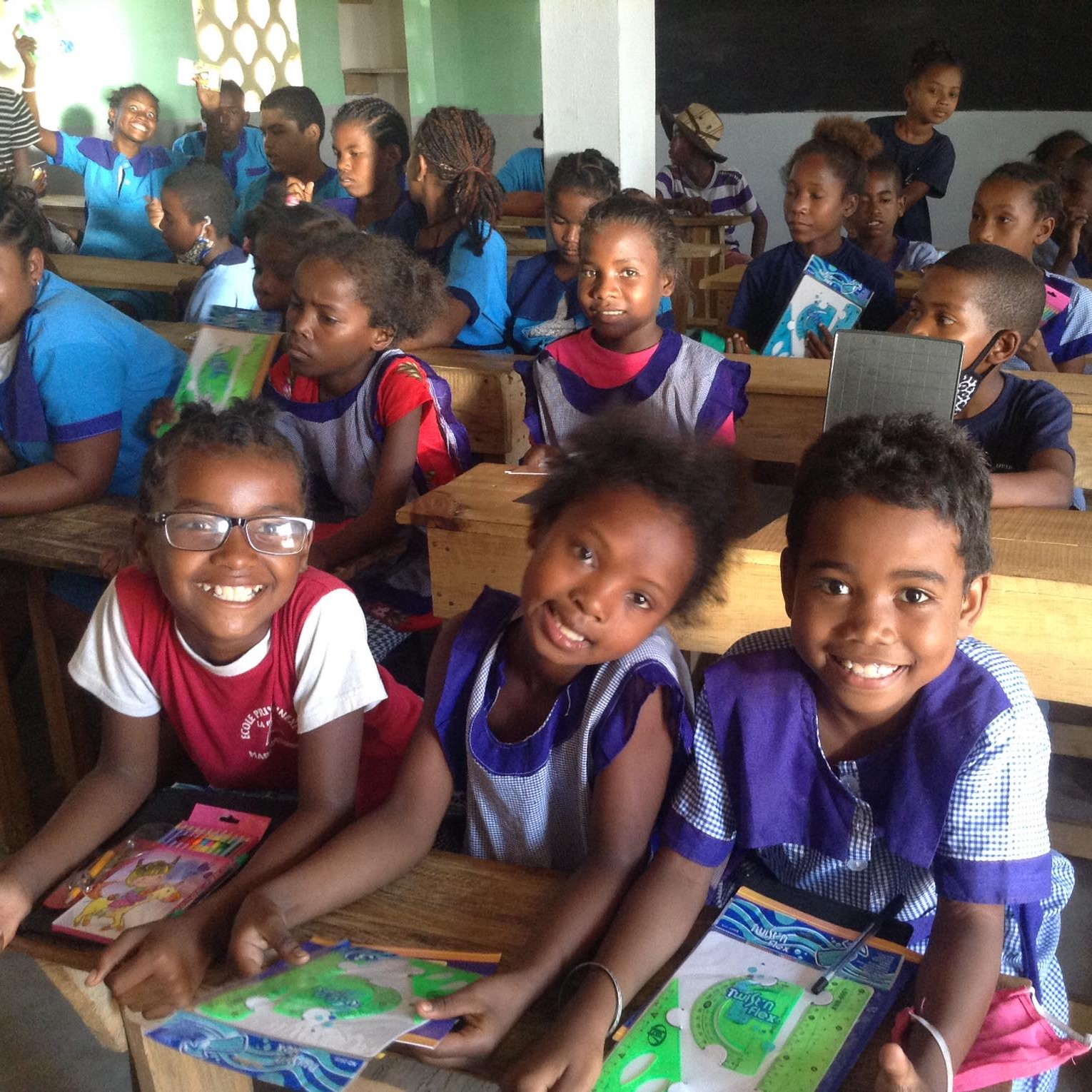
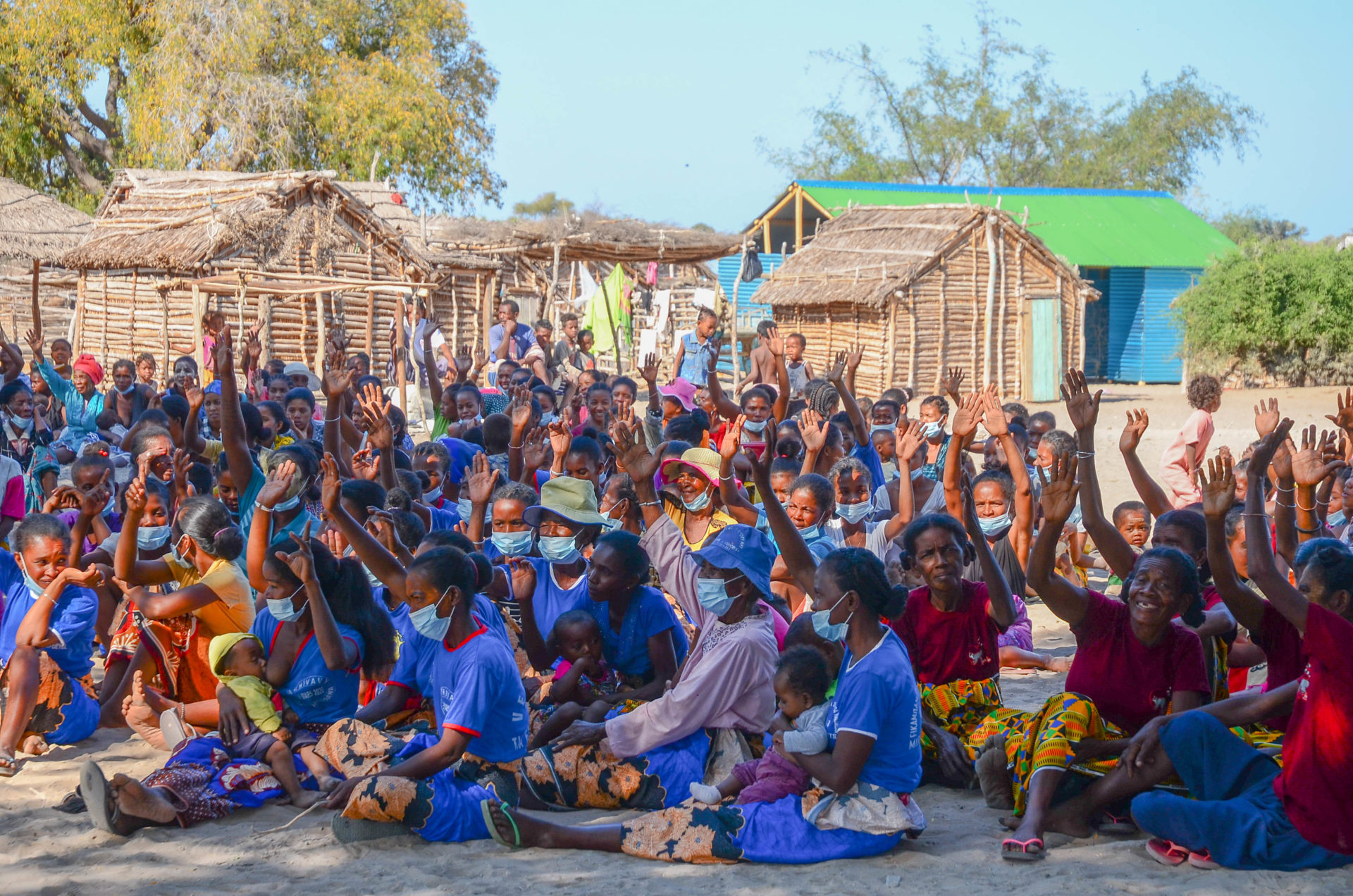
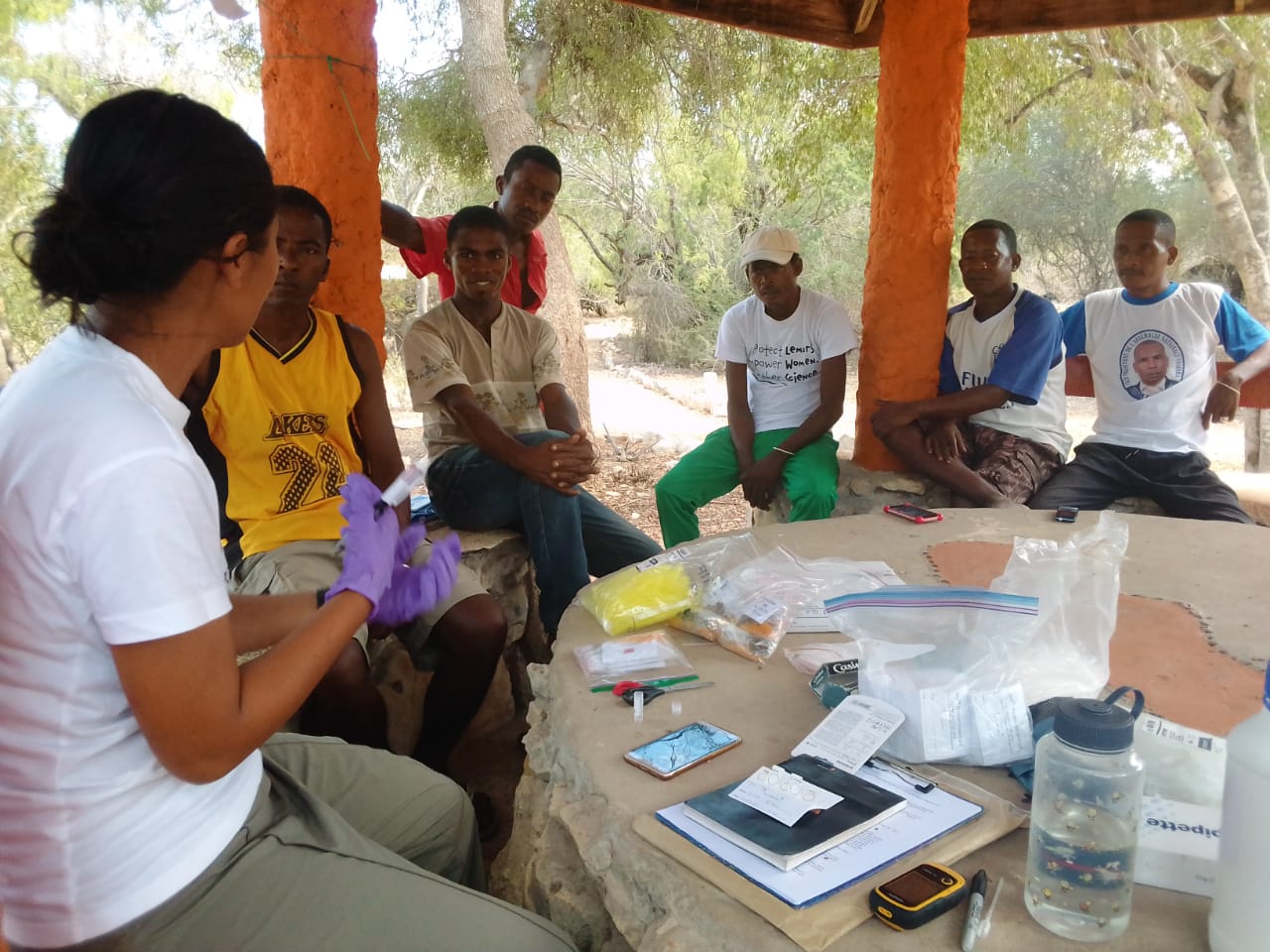
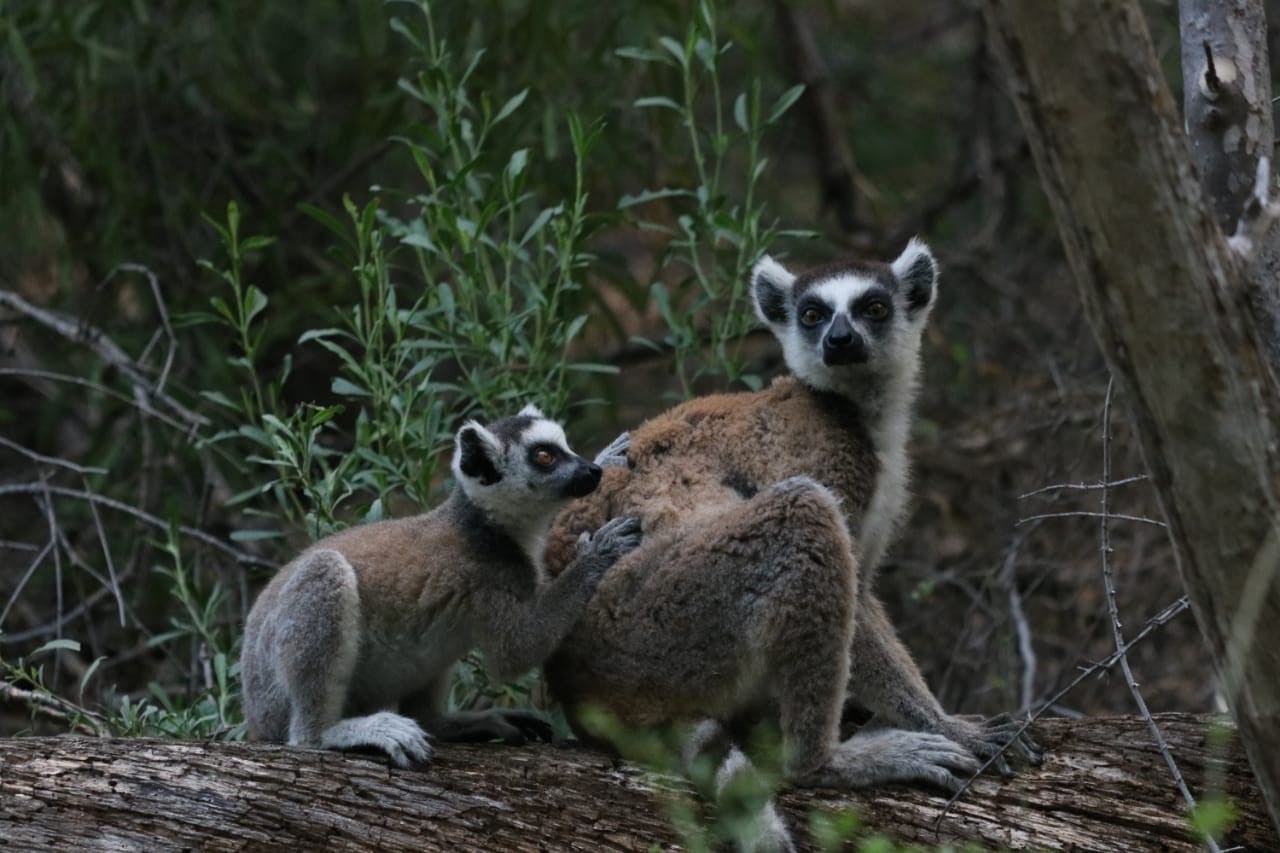
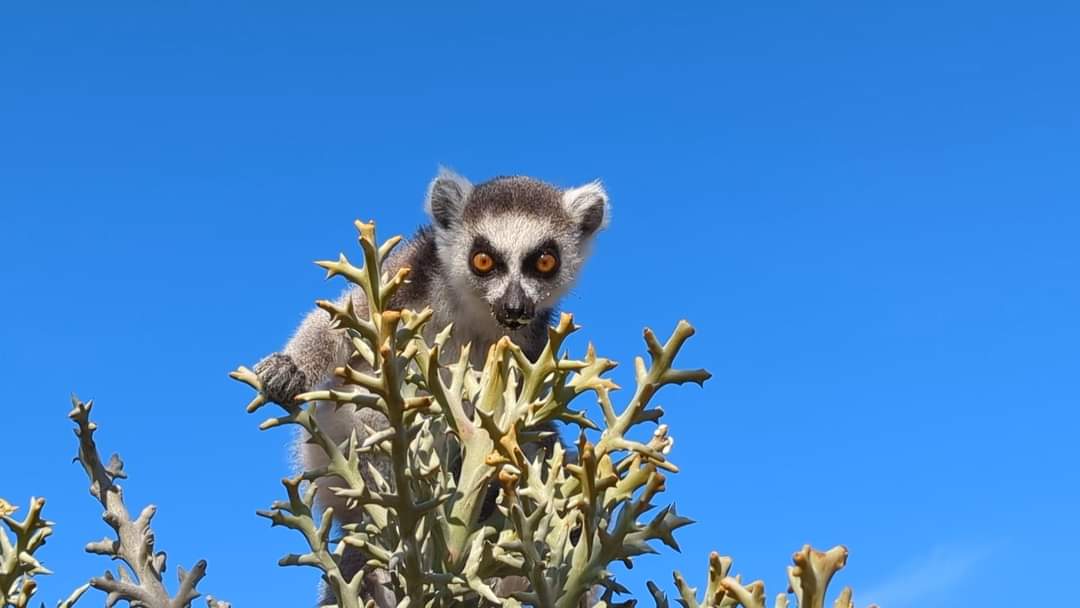
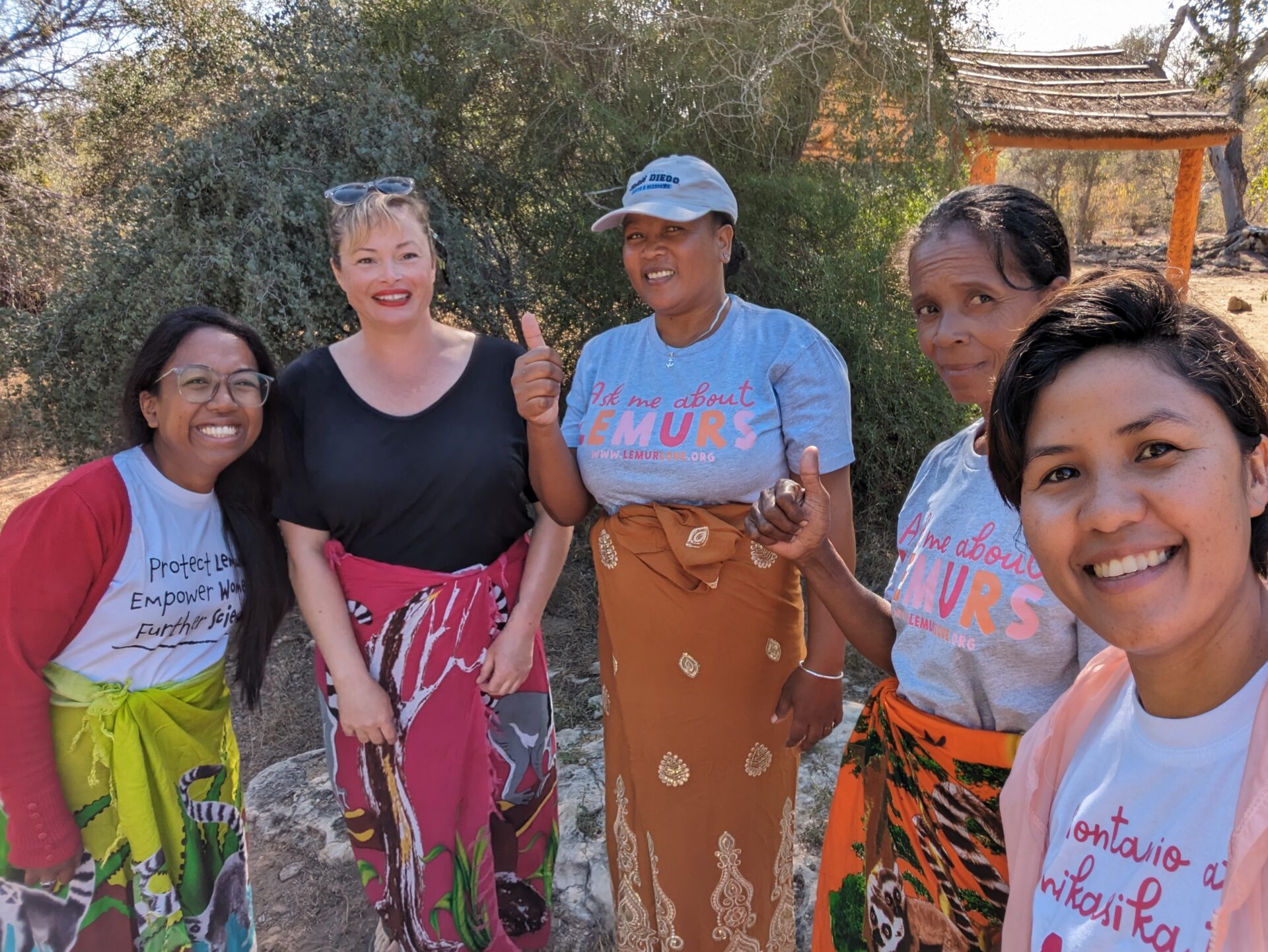
 Dr. Marni started Lemur Love as a mechanism to protect lemurs in southwestern Madagascar, after witnessing deforestation and poaching of wild ring-tailed lemurs. She now recognizes that conservation is much more about humans than animals and that the historical, political, and social influences within Madagascar are important considerations to conservation agendas.
Dr. Marni started Lemur Love as a mechanism to protect lemurs in southwestern Madagascar, after witnessing deforestation and poaching of wild ring-tailed lemurs. She now recognizes that conservation is much more about humans than animals and that the historical, political, and social influences within Madagascar are important considerations to conservation agendas. Dr. Seheno oversees all Lemur Love staff and programs within Madagascar. Seheno earned her Ph.D. at the University of Antananarivo where she focused on the seed dispersal of Malagasy baobab trees. She had a life-changing experience when she worked at the
Dr. Seheno oversees all Lemur Love staff and programs within Madagascar. Seheno earned her Ph.D. at the University of Antananarivo where she focused on the seed dispersal of Malagasy baobab trees. She had a life-changing experience when she worked at the